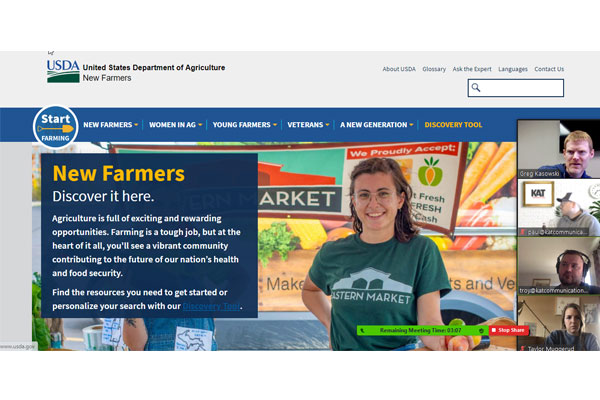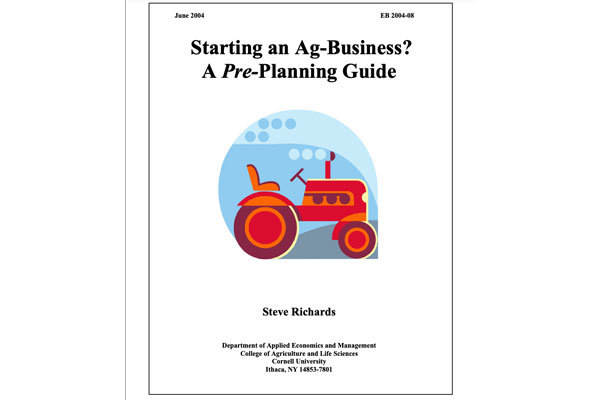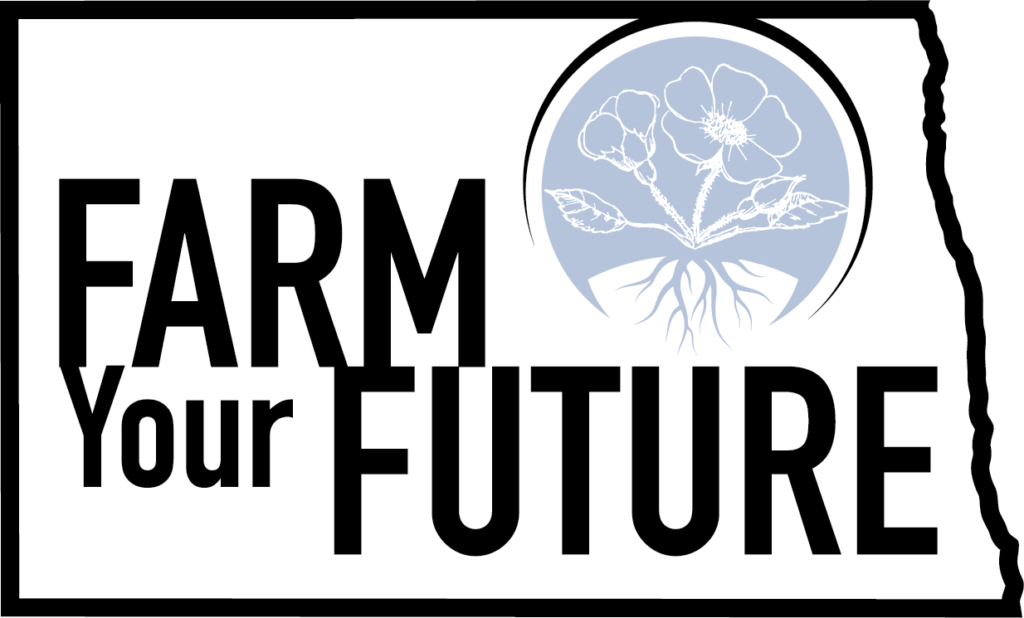How to Write a Business Plan
Topic Content
Business Planning Introduction
A business plan is an extremely important tool to help business owners create strategies. A good business plan can help farmers focus on the steps they need to take for success. It can help farmers achieve short-term and long-term goals.
The business plan outlines a farm’s legal structure, which might be sole proprietorship, a partnership, a Limited Liability Company, a cooperative or a corporation. Understanding the how and why of a farm’s business structure is the first step in writing a business plan. Knowing how money works when it comes to the farm and different markets can help.
What is a Business Plan
A business plan is a document that describes the operational and financial goals of a business. It tells the world what you want to do and how you’re going to do it. Download this example business plan from the Small Business Administration (SBA) to see what a finished plan looks like. Another great source for writing a farm business plan is the University of Minnesota’s AgPlan app. AgPlan guides you through writing every business plan item.
A farm is a business. Just like any other type of business, a farm needs a business plan. Knowing a farm’s legal structure—what type of organization you want to run and what laws apply—will help you with running the farm and with tax purposes.
A farm’s legal structure might be sole proprietorship, a partnership, a Limited Liability Company, a cooperative or a corporation.
Understanding the how and why of a farm’s business structure is the first step in writing a business plan. Knowing how money works when it comes to the farm and different markets can help.
In this section, you will learn how to write a business plan and where to find planning resources.
How to Fund Your Farm
- The Sustainable Agriculture Research and Education SARE Program provides technical support and grant funding for research and education projects in sustainable agriculture. A SARE resource usually offers technical support. Farmers can use grants for making their farms more sustainable and less wasteful. The website hosts a database of past funded projects. These reports are helpful to farmers who want to learn from other projects or get ideas for new projects.
- The Farmers Market Promotion Program and Local Food Promotion Program (FMPP) and USDA’s Agricultural Marketing Service (AMS) offer grants that can be used during planning or growing local food businesses. Activities can include market research, studies that show if a project is possible, and business plans.
- Whole-Farm Revenue Protection (WFRP) is an insurance plan that provides a risk management safety net for all commodities on the farm.
- The Community Development Loan Fund may provide gap financing (a loan that a property owner borrows against their current property to buy new property) for projects that help people get local and fresh foods. Souris Basin Planning Council also has a Revolving Loan Fund and Gap Financing Fund for start-up and growing businesses.
- North Central Planning Council also offers a Revolving Loan and Community Development Loan to support value-added agricultural businesses. Specialty farms may be eligible.
- The Bank of North Dakota‘s First Time Farmer Finance Program helps first time farmers in North Dakota to buy agricultural property at low interest rates. Other resources at the Bank of North Dakota include the Beginning Farmer Chattel Loan, which helps beginning ranchers with purchase of equipment and livestock and the Beginning Farmer Real Estate Loan which helps a farmer or rancher buy farm land. Click here to find information on all of the Ag Loans from the Bank of North Dakota.
- Your community, county or bank may also have resources that help rural development. Ask your local community and county economic development (sometimes known as jobs development) agencies about incentives like low interest loans, interest buydown programs, gap financing and grants. Ask your bank if they have any programs that help farm businesses start or grow.
Business Planning Resources
Writing a business plan can seem overwhelming. Fortunately, there are many resources to help you get started:

New Farmers Toolkit
The United States Department of Agriculture’s (USDA) New Farmer’s Website offers a wealth of information and resources on how to start a farm, make a business plan, find land and money, risk management, taxes, safety and more. Every state has a Beginning Farmer and Rancher Coordinator who can help you get started on your farm business.

Starting an Ag-Business? Pre-Planning Guide
Cornell University’s Starting an Ag-Business? A Pre-Planning Guide leads a farmer through through the whole planning process from start to finish. Parts of the guide focuses on New York, however, the information can still help a farmer think through crops and livestock in North Dakota. Sections on business goals, sales potential, growing, harvesting, costs, and next steps all help the future farmer.

Urban Farm Business Plan Handbook
The Environmental Protection Agency’s (EPA) Partnership for Sustainable Communities – Urban Farm Business Plan Handbook provides worksheets and questions for urban farmers to develop or revise their business plans. Most of the tools in this handbook can be easily used to a rural business plan, too.
